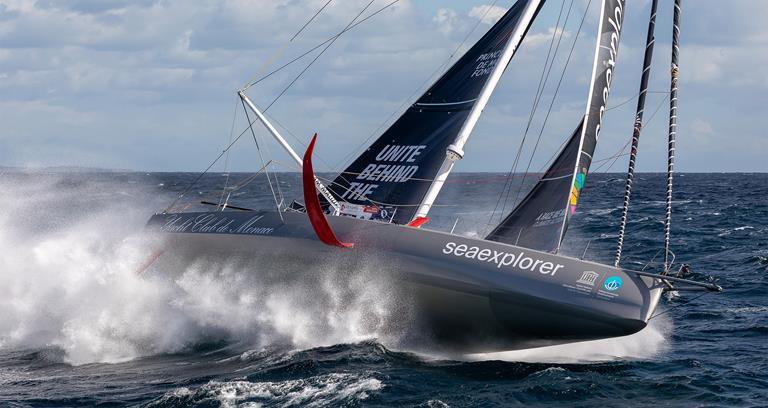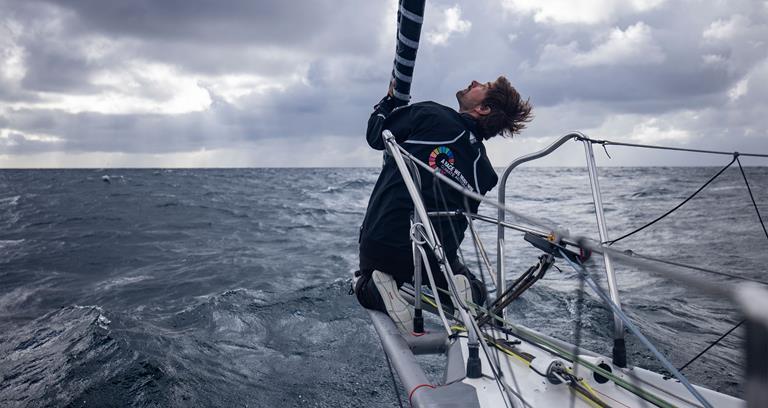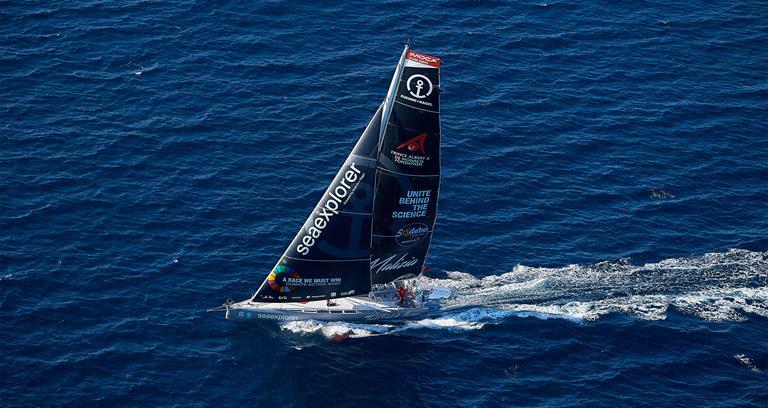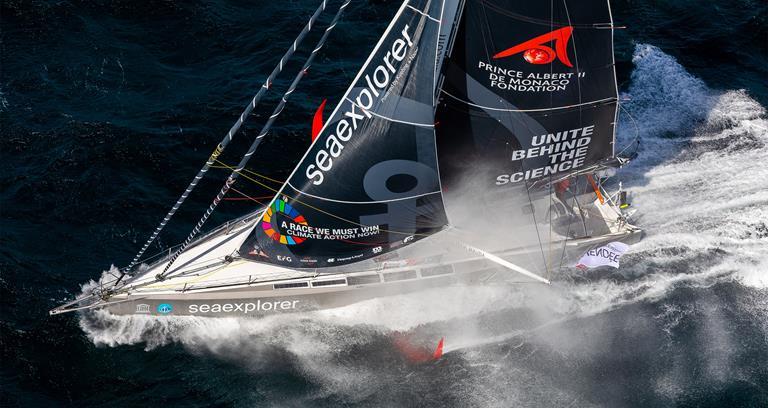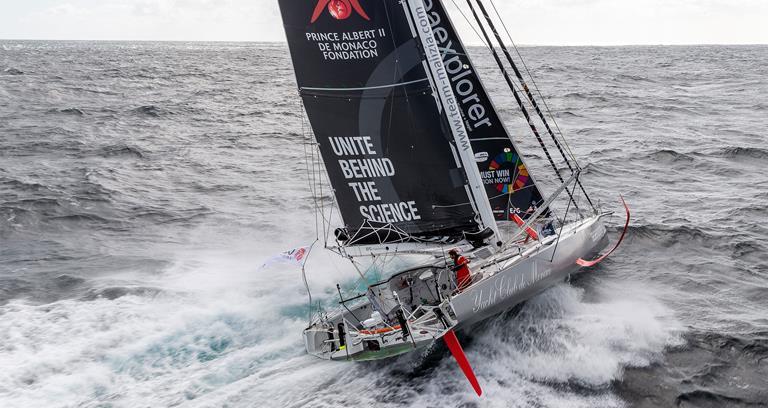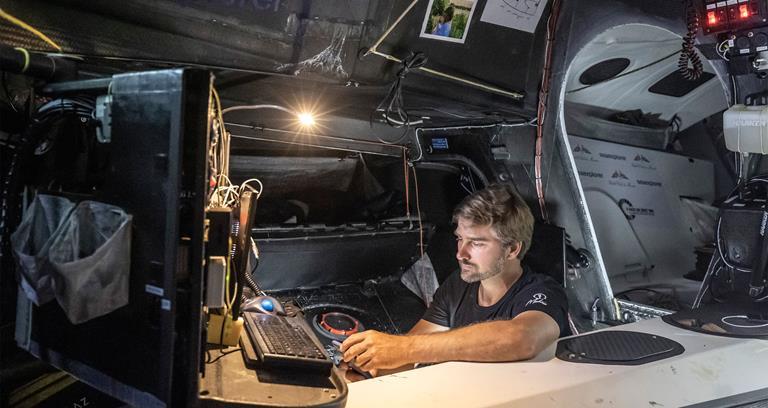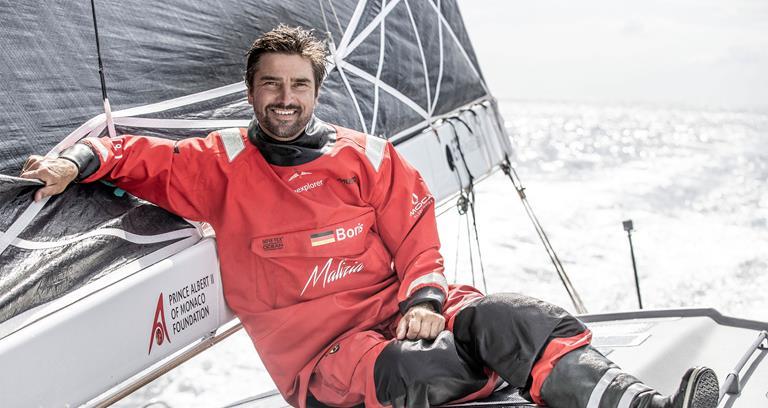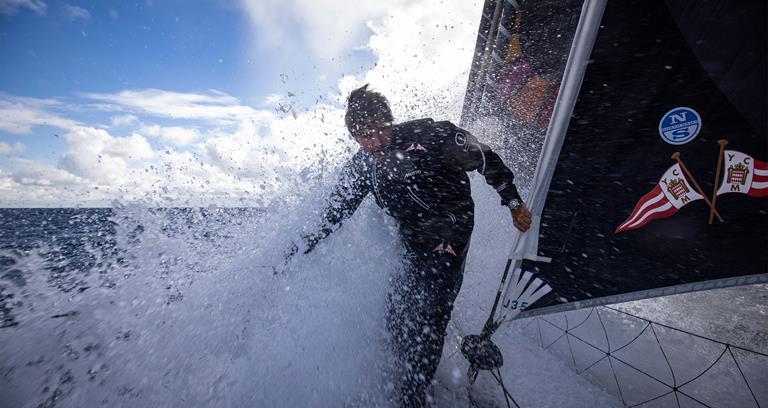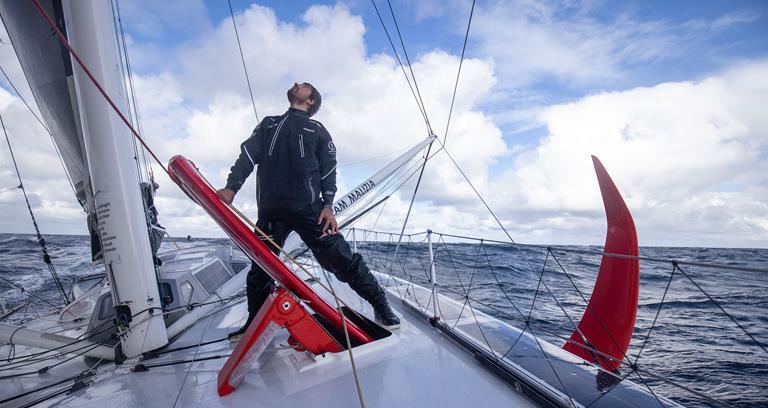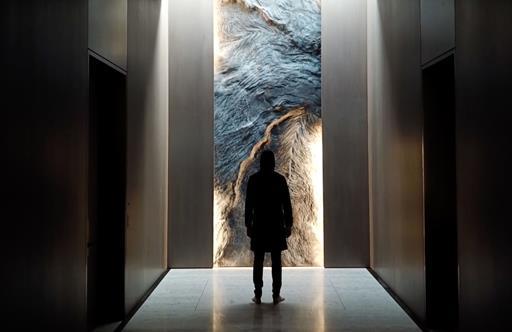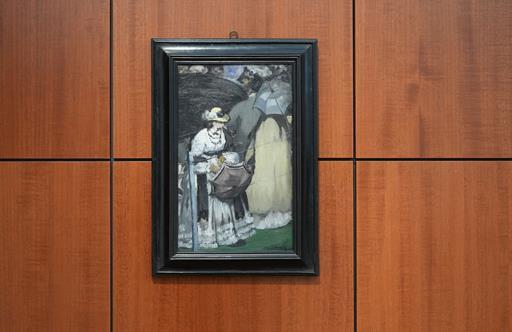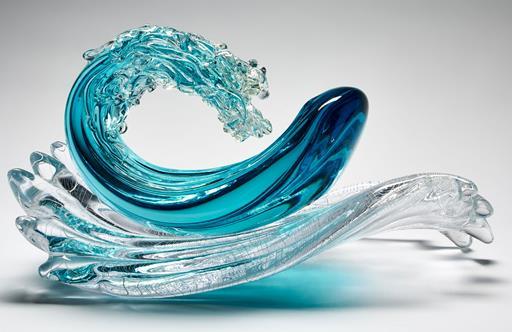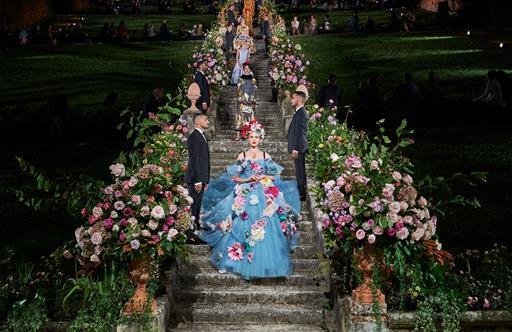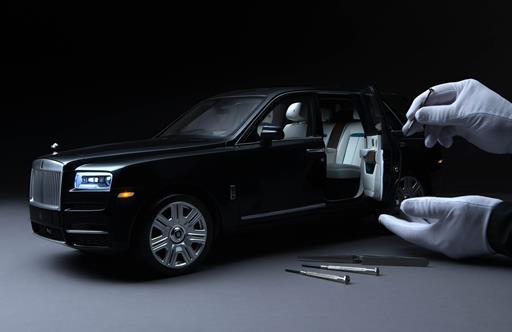A Sailing Superstar
Fresh from completing the daunting around-the-world Vendée Globe race and winning the IMOCA Globe Series, skipper Boris Herrmann joins Centurion Magazine for a chat about the race, his sailing ambitions and his work to combat climate change
Centurion Magazine: The Vendée Globe was a real battle, and we were all following the finish. What brought you to compete as a sailor?
Boris Herrmann: It was a childhood dream for me. I have been sailing since I was a child, watching films and reading books about the Vendée Globe challenge. It is the ultimate challenge, and so I wanted to do it. It was not a straight path, but over the past twenty years, this kept me going.
How much time did you spend on your campaign? Did COVID have any impact on your preparations for the race?
We were working for ten years on the campaign, and the last 4 years we had our boat ready to train with and sail with. This last year the preparations completely changed due to COVID. All our plans and schedules were cancelled, two transatlantic races were cancelled. It was very challenging and very different than the planned preparation. All in all, a very difficult year.
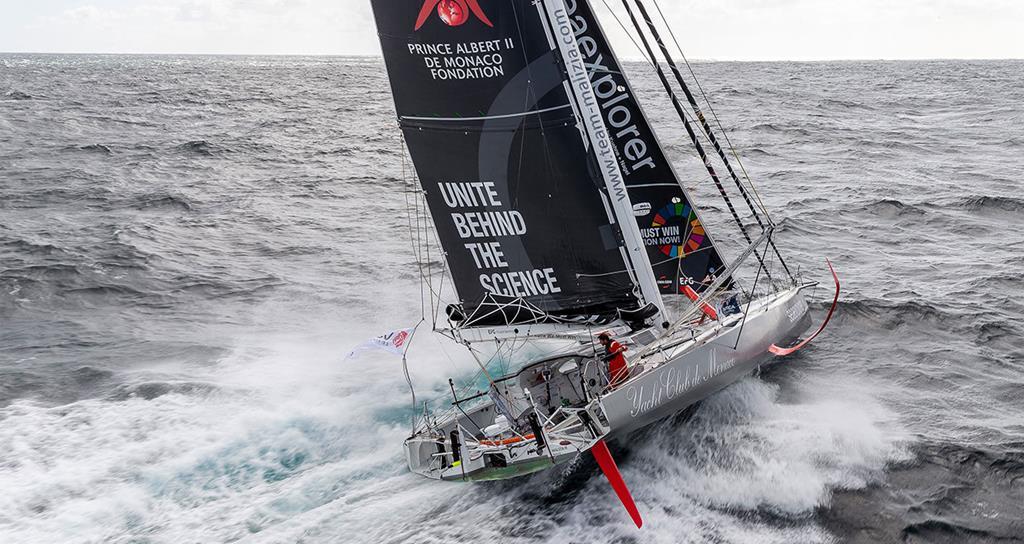
© Jean-Marie LIOT
But you could have easily been involved in the America’s Cup, match racing, why is transatlantic and around-the-world sailing more exciting for you?
Well, it is a totally different sport. It is like freestyle skiers and slalom skiers – something like that. In skiing there are many disciplines, the same in sailing. You could also compare it to car racing. Like Formula 1 and Rally. A race is not over after, let’s say, 45 minutes – I don’t know how [long] the match race lasts in the America’s Cup, maybe even less than 30 minutes. The America’s Cup has its fascination, for sure. But that’s just not my cup of tea. It is a totally different career path. If I wanted to participate at the America’s Cup, I would have trained differently over the past twenty years. And I am not saying that I won’t be involved in the America’s Cup one day, it is technologically super interesting. And there are sailors with a similar background working in the teams – not as sailors, but on the shore side. To be a sailor in the America’s Cup is a very specific profile, one we do not adhere to.
So, how hard was the race for you?
It was difficult for me to be alone for such a long time, and...it’s intense and mentally very challenging.
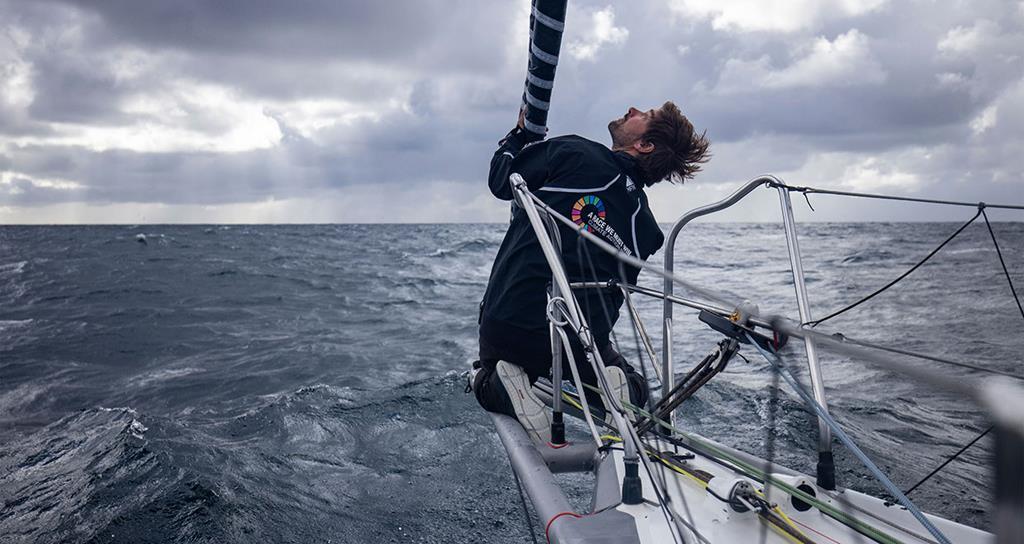
© Pierre Bouras
Are you already preparing for the for the next race?
It really depends. We’re unsure if we are going for it again. It is a very early stage. It takes anywhere from six weeks to six months to recover mentally from such a challenge.
What do you do to recover?
It just takes time. You need to give yourself some time. I mean there is not really a shortcut.
Now, is there still something on your bucket list? A special route or even a family trip?
Yes, sailing with the family would be really nice. And winning the Vendée Globe is still something to do. But, also, the Volvo Ocean Race – race around the world with teams and stops. And also do some work with climate change.
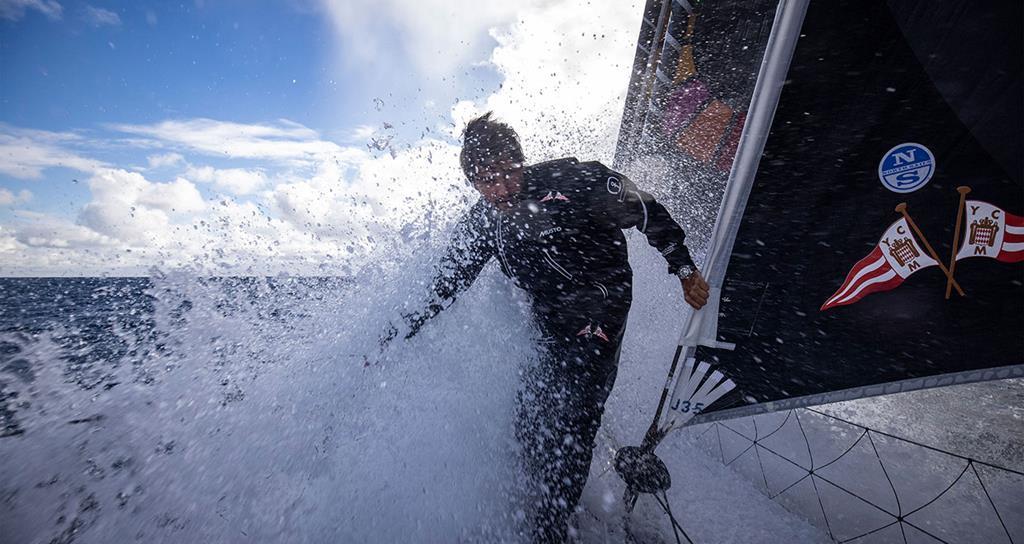
© Pierre Bouras
You are quite involved in environmental issues. Can you explain this involvement a little further and the purpose of the box you carried during Vendée Globe?
Yes, it was an oceanographic laboratory that we had onboard, measuring temperature and salinity, the ocean surface CO2 level. Climate change is something you can’t really see. But it is a very profound challenge and threat, and it is changing everything. I mean, we have a higher CO2 concentration in the atmosphere, higher temperatures on average. And you have some of the strongest changes in the ocean. The oceans absorb 93 per cent of the heat [caused by] global warming. At the end of the day, they absorb a lot of the CO2 that we emit, therefore, profoundly changing the biology and chemistry.
The eco systems are also really under a lot of pressure. We know that corals might not exist in a couple of years – or we will have genetically transformed corals, and so on an so on. This stuff you can’t see with your eyes, the time when we are measuring it. Science needs this data, and they are not always able to collect this data in the regions [in which we were sailing], therefore I was a service to science.
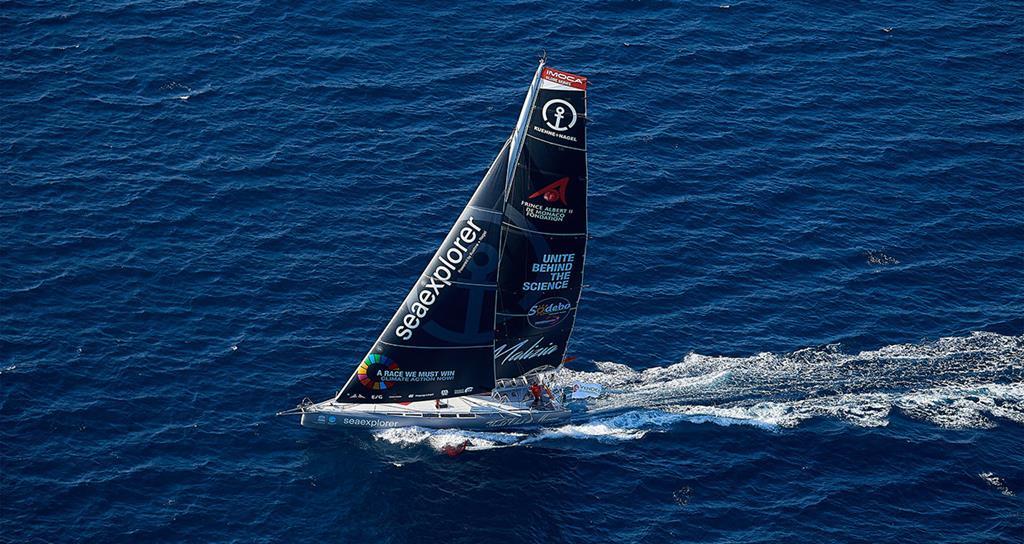
© Yvann Zedda
Was this your contribution to make a change?
We have also created an educational campaign that has four chapters, and the last chapter speaks about solutions. And it is translated into eight languages. It is a kind of schoolbook that you can download for free on our website. Most of the media treat climate change as quite boring. There is not so much discussion about what would happen if we had to transform our economies and societies, I think that could really be fascinating.
